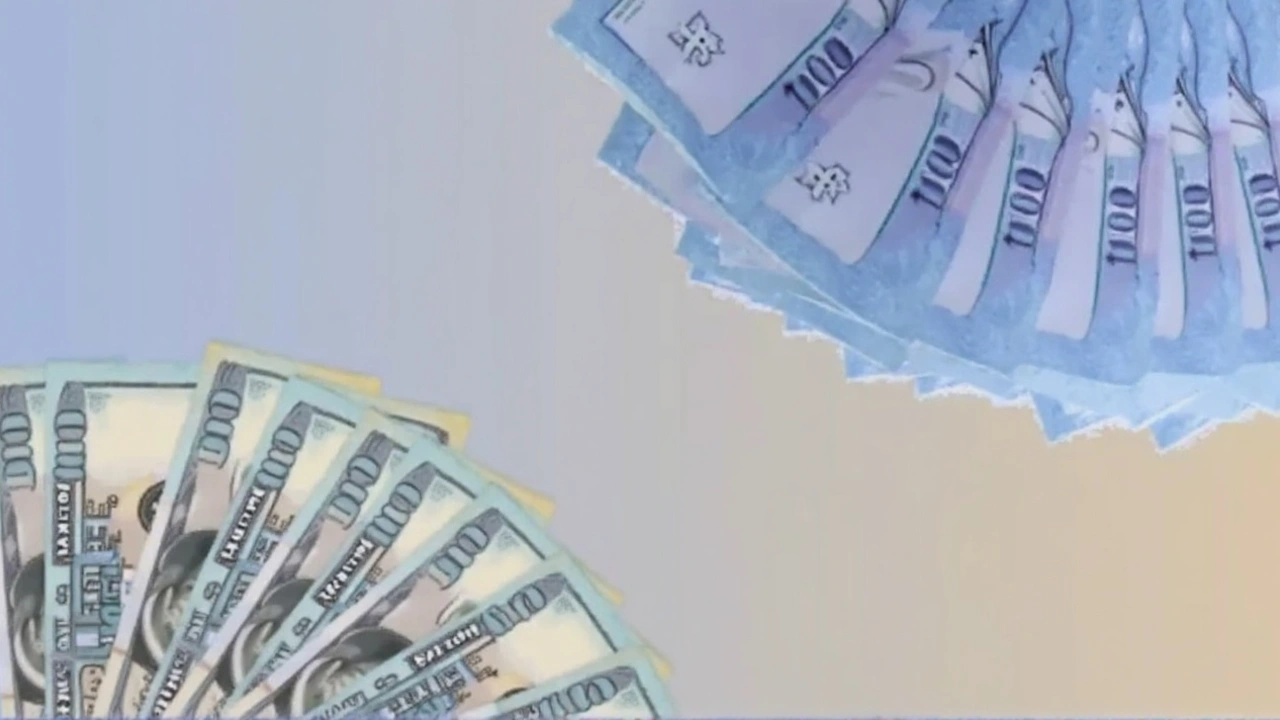Everything You Need to Know About the Nigerian Naira
The Nigerian Naira has been on a roller‑coaster ride lately. Whether you live in Lagos, run a business, or plan a trip, understanding what’s happening with the currency can save you money and headaches.
Current Exchange Rate and What It Means
At the moment, one US dollar trades for about 800 Naira on the official market, but the parallel (or black‑market) rate is higher, hovering around 950 Naira. The gap shows how limited foreign currency supplies are in the country.
If you need to convert cash, check both rates before you act. Using a reputable exchange bureau can protect you from bad deals, and many online platforms now show real‑time figures so you can compare instantly.
How Inflation Is Shaping the Naira
Inflation in Nigeria has been stubbornly high, often above 20 % yearly. That means prices for food, fuel and transport keep climbing faster than wages. The Central Bank of Nigeria (CBN) tries to curb this by raising interest rates, but the effect takes time.
For everyday shoppers, the best defense is buying staples in bulk when prices are lower, or looking for local alternatives that cost less. Small businesses can protect profit margins by negotiating contracts that factor in inflation adjustments.
Travelers should budget extra Naira for meals and transport. Many hotels now accept credit cards priced in dollars, which can lock in a better rate than exchanging cash on the spot.
Investors often ask if they should hold Naira or switch to hard currencies. Holding some foreign currency or gold can act as a hedge against rapid devaluation, but remember that regulations limit how much you can keep abroad.
The government also rolls out policies that affect the Naira’s strength. Recent moves include tighter import restrictions and incentives for local production. These steps aim to reduce demand for dollars and support the Naira, though results vary.
One practical tip: set up alerts on banking apps for exchange‑rate changes. A small shift of 10 Naira can add up if you’re moving large sums.
If you run a business that imports goods, consider using forward contracts to lock in rates now and avoid surprise spikes later. Many Nigerian banks offer simple tools for this without needing deep finance knowledge.
Overall, the Naira’s future will depend on how well inflation is tamed, how quickly local production grows, and how stable global oil prices stay – Nigeria’s biggest export. Staying informed and flexible lets you adapt to whatever comes next.
Naira Faces Fresh Pressure: Black Market Exchange Rates Surge Past ₦1,600 as Official Data Lags
On June 3, 2025, Nigeria's black market exchange rates soared, with $1 trading at ₦1,605. The Central Bank of Nigeria held back on publishing new official rates, making the gap between official and street rates more obvious than ever. Traders warn about relying solely on user-reported prices, given big swings and buyer-seller differences.
READ MORE
